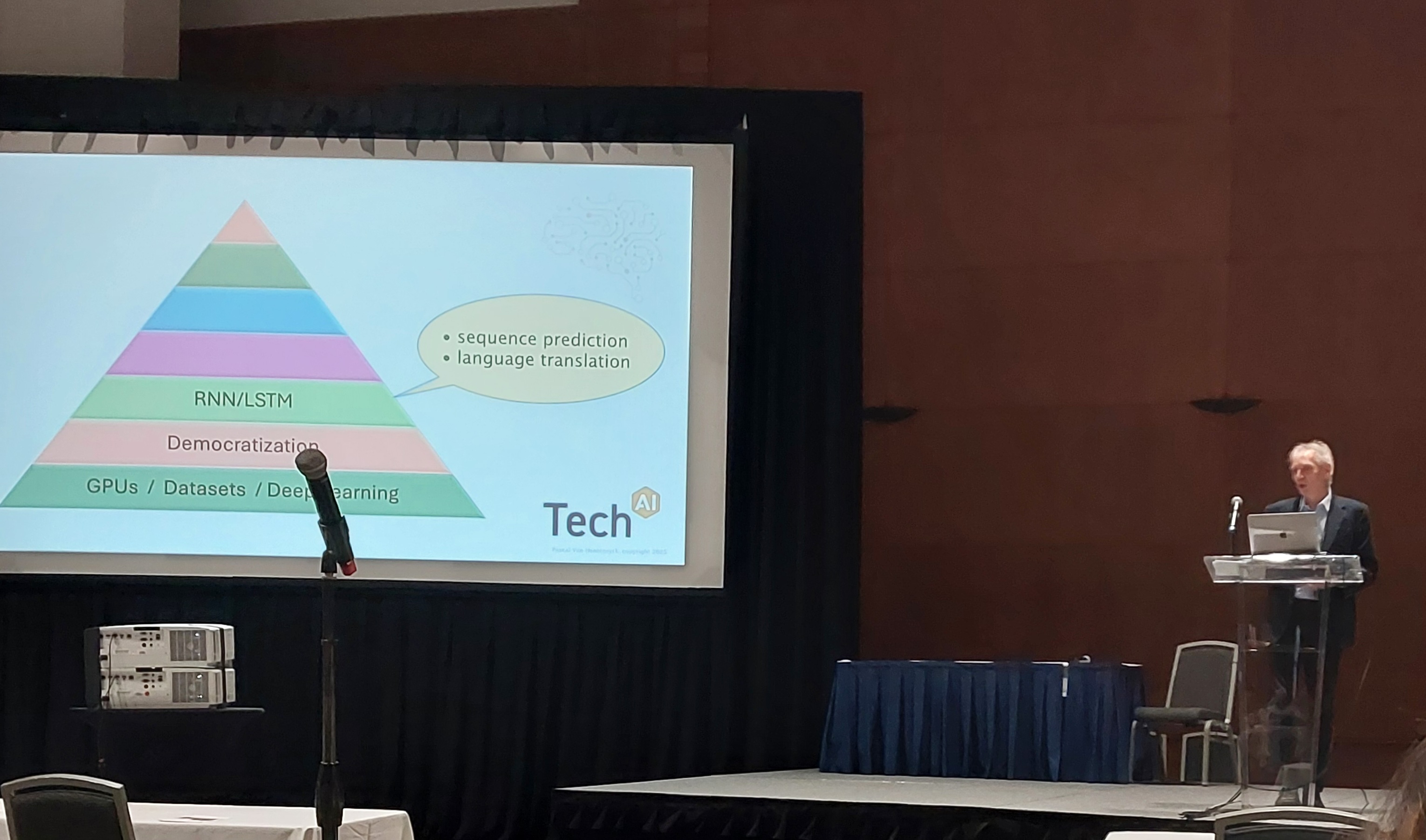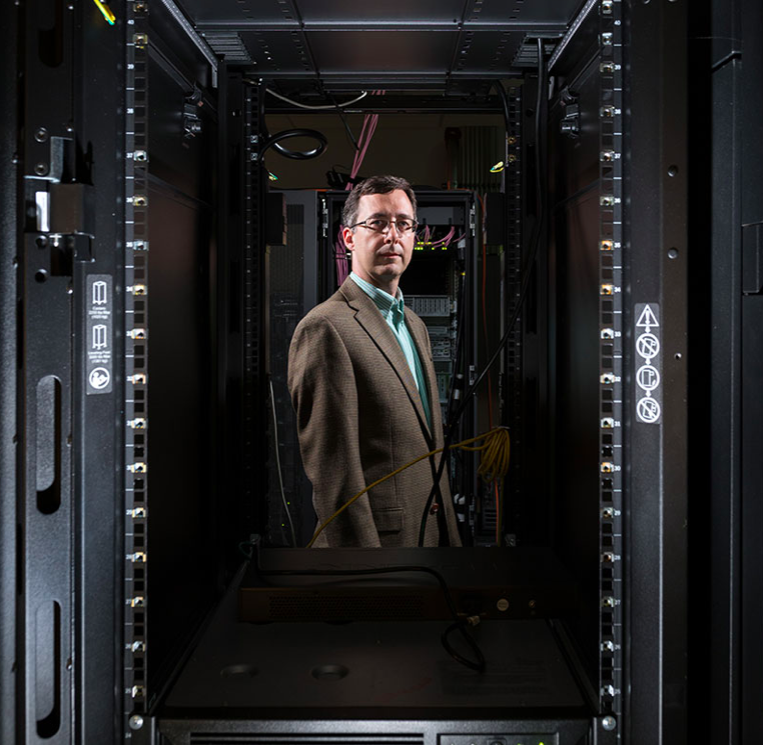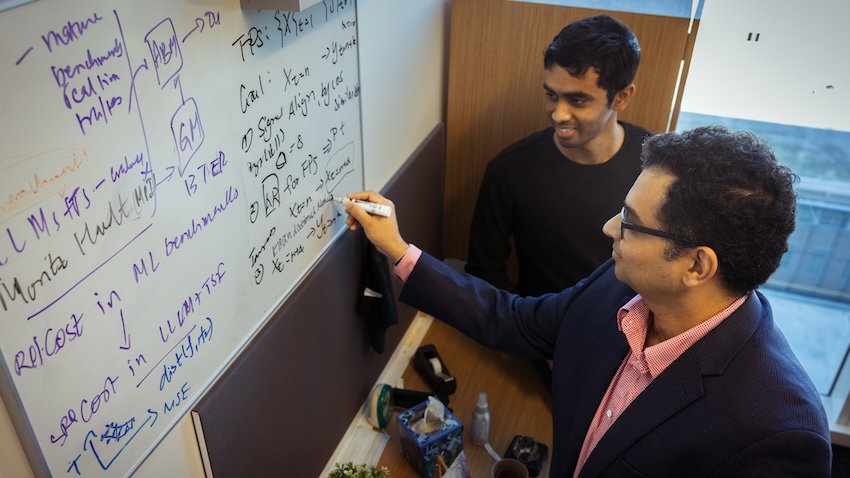Feb. 04, 2025
The Georgia Legislator AI Workshop took place at the Georgia State Capitol, drawing state lawmakers, academic experts, and industry leaders to explore the transformative role of artificial intelligence, Jan. 28, 2025.
The event was designed to provide legislators with a comprehensive understanding of how AI is reshaping key sectors, including energy, manufacturing, education and cybersecurity. Georgia Tech’s prominent role in AI research and application was highlighted through contributions from its leading faculty and research experts.
Tim Lieuwen, interim executive vice provost for research at Georgia Tech, opened the workshop, amplifying the strategic importance of AI for Georgia’s economic development and infrastructure resilience. Pascal Van Hentenryck, director of the Tech AI Hub and the NSF AI4OPT Institute, followed with a presentation on AI advancements and their implications for the state.
A significant portion of the workshop focused on AI’s impact on energy infrastructure. Lieuwen returned to discuss how AI is enhancing energy efficiency and supporting Georgia’s transition to smarter, more resilient energy systems. This session highlighted AI’s role in driving sustainable energy solutions.
The conversation then shifted to manufacturing, with Tom Kurfess, chief manufacturing officer at Georgia Tech, detailing how AI-driven innovations are optimizing production processes and revolutionizing industry practices. His insights described a future where AI maintains Georgia’s competitiveness in the manufacturing sector.
Cybersecurity and data privacy were other focal points. Michael Barker from Georgia Tech’s Manufacturing Extension Program addressed the challenges and opportunities surrounding AI-driven cybersecurity solutions. His presentation touched on data privacy and compliance with public information regulations.
The educational landscape also took center stage as Steve Harmon from Georgia Tech’s College of Lifelong Learning explored the ways AI is reshaping learning experiences. Harmon highlighted AI’s potential to deliver personalized education and better prepare students for a rapidly evolving workforce.
Donna Ennis, interim associate vice president for community-based engagement and co-director of Georgia AIM, wrapped up the program by presenting a comprehensive overview of state and national AI resources available to foster innovation and collaboration.
This event highlighted the importance of strategic investments and informed policymaking to harness the full potential of AI for Georgia’s future.




